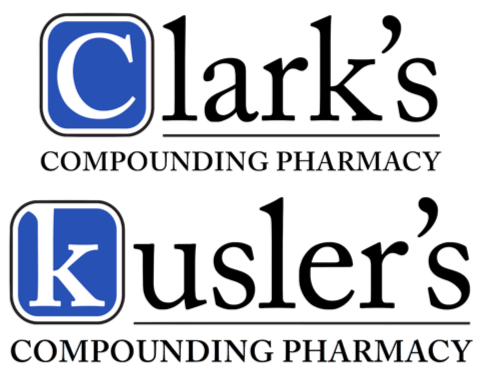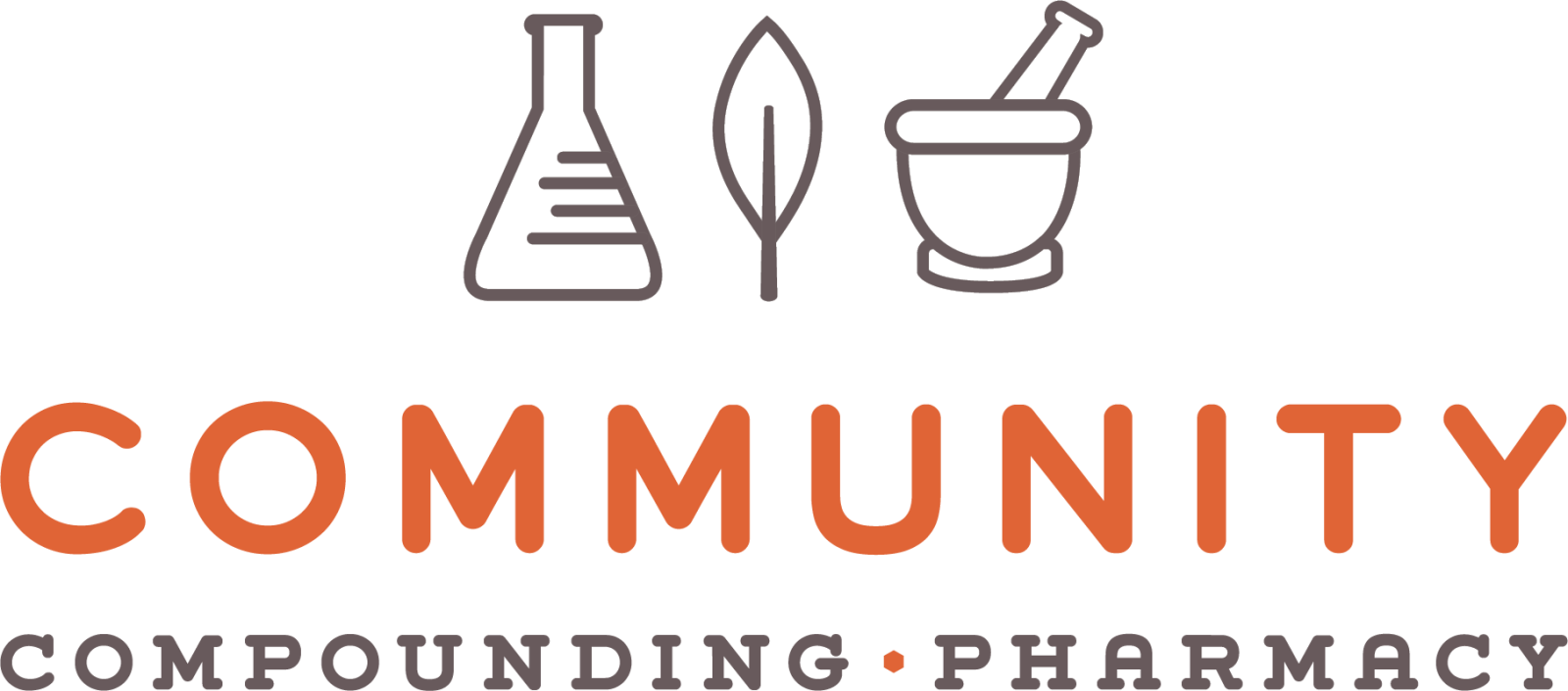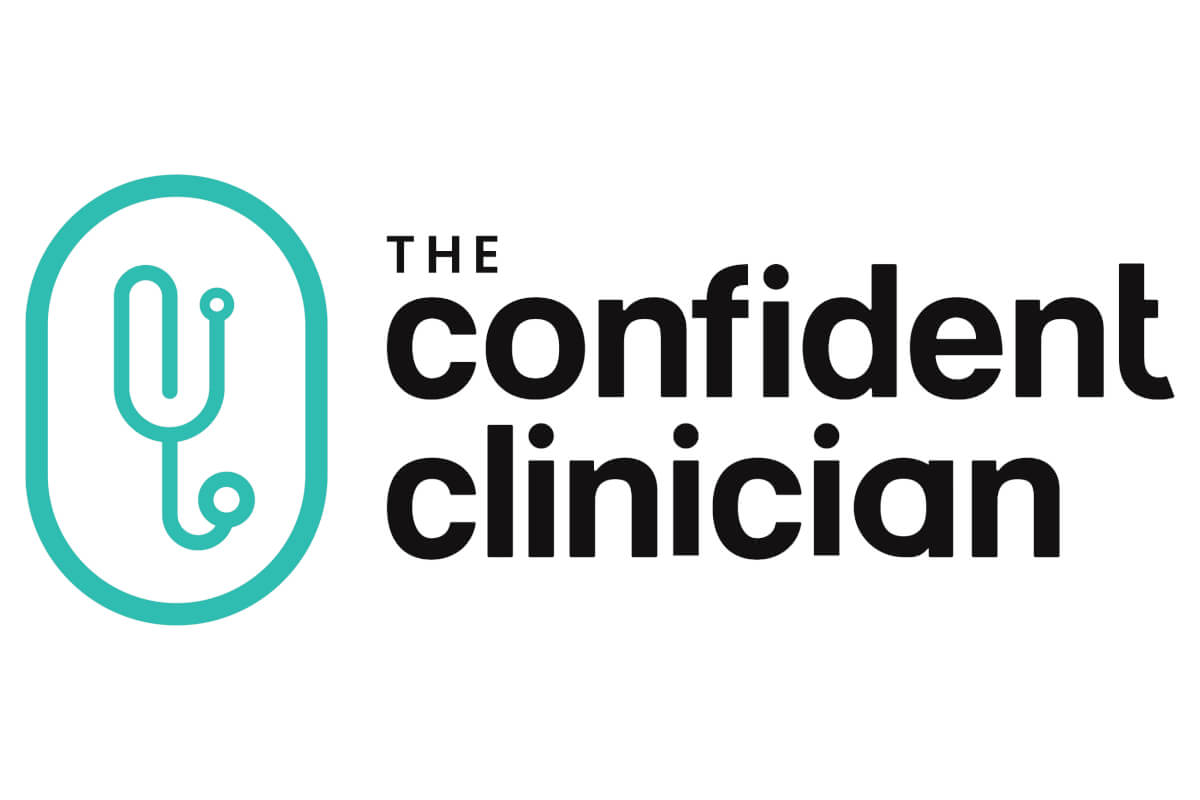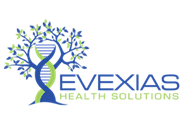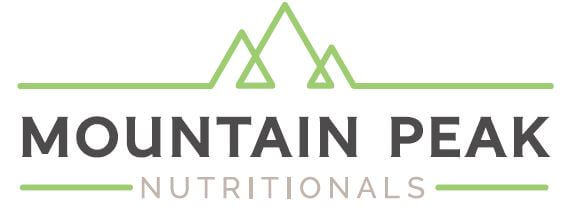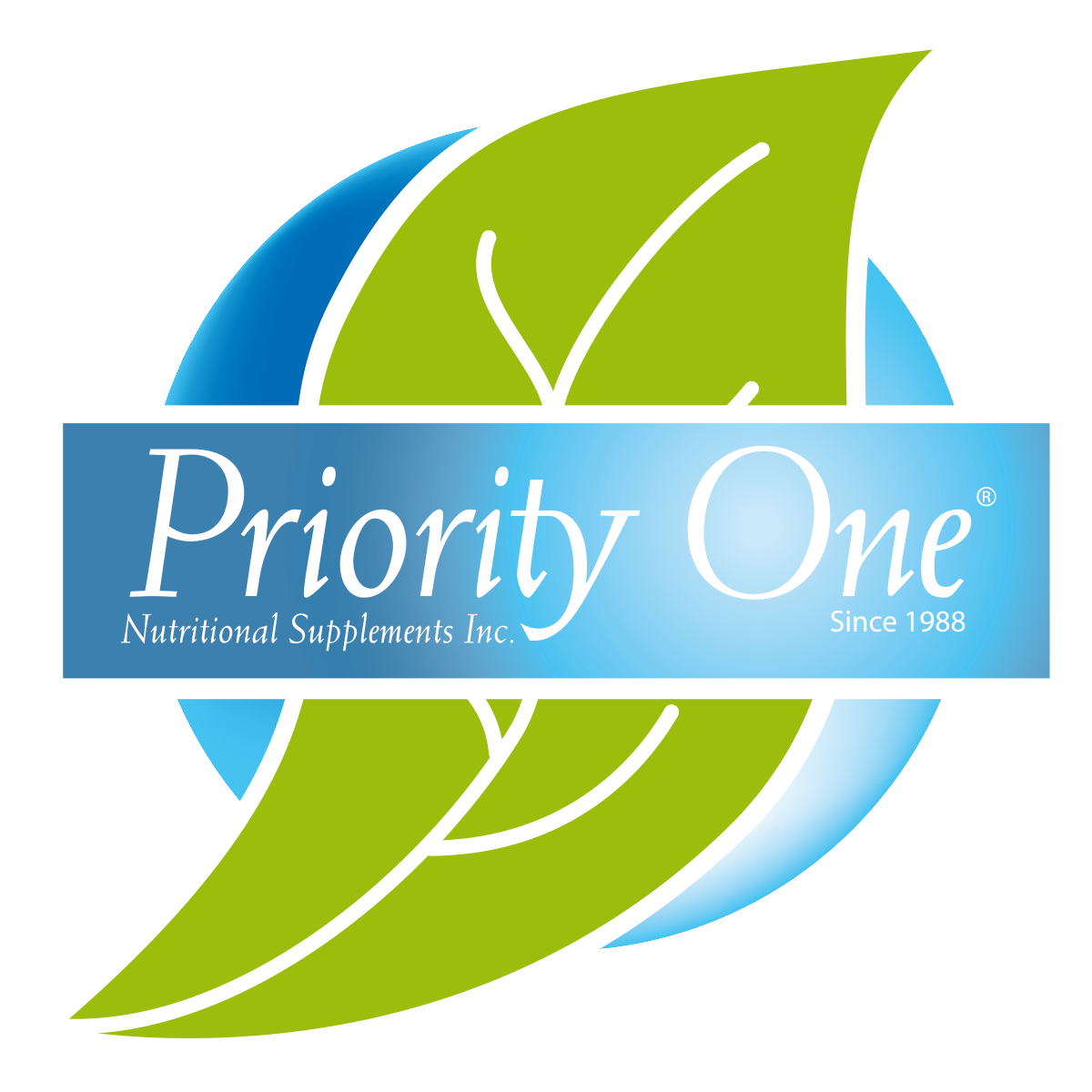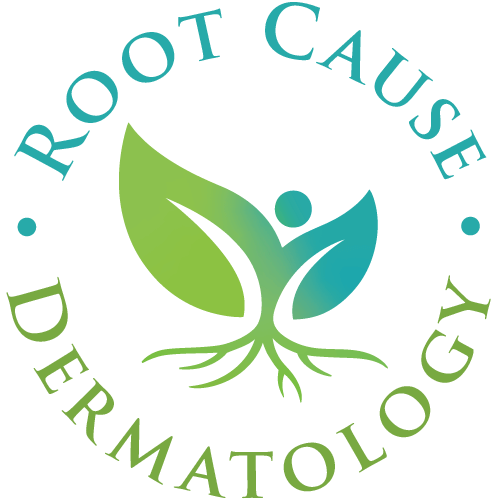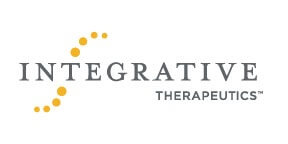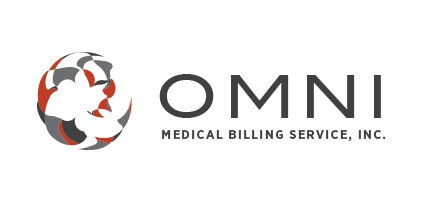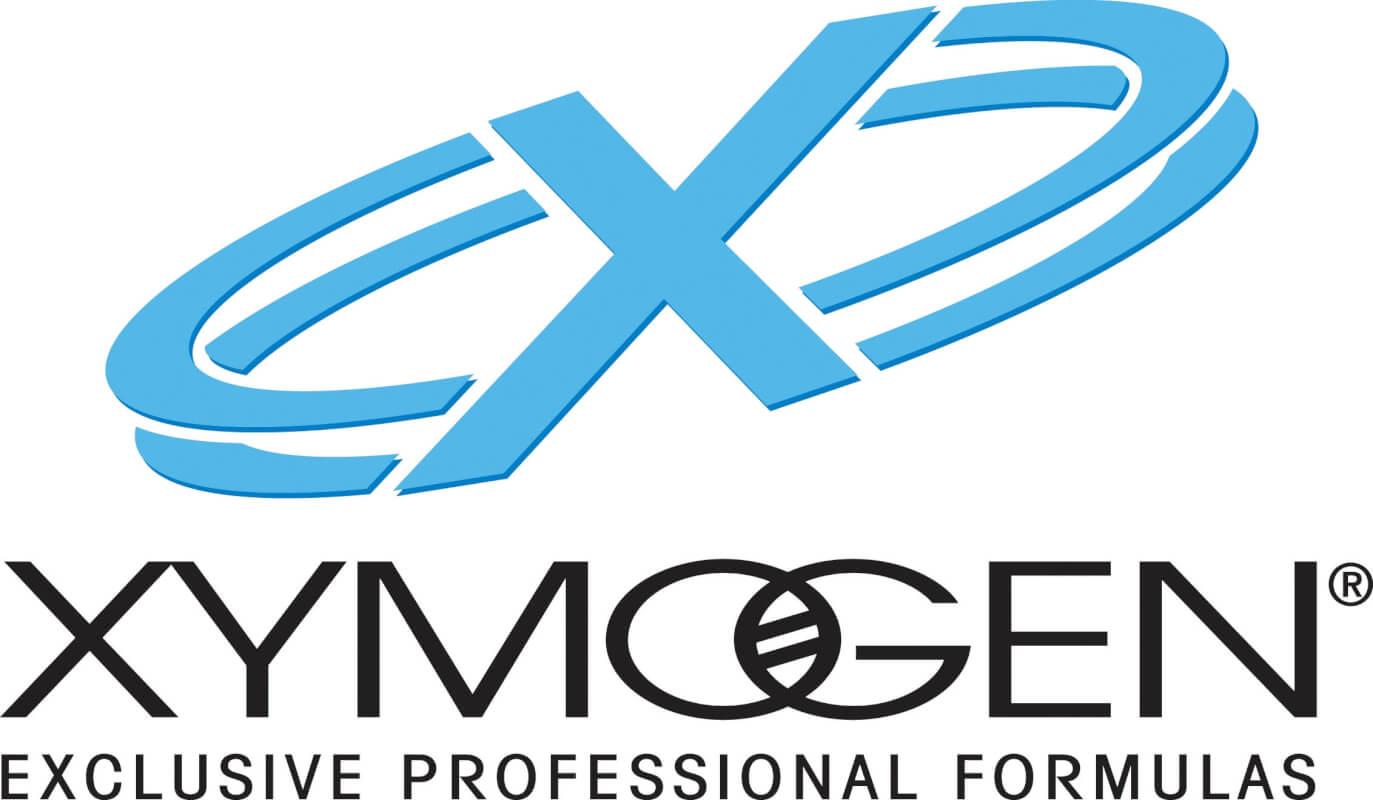CONNECT 2024
EMERGENCE
May 3-5, 2024
(all virtual)
Emergence /əˈmərjəns/ noun
1. the process of coming into view or becoming exposed after being concealed.
2. the process of coming into being, or of becoming important or prominent.
"In philosophy, systems theory, science, and art, emergence occurs when a complex entity has properties or behaviors that its parts do not have on their own, and emerge only when they interact in a wider whole."
Welcome to CONNECT 2024: Emergence!
As our committee sat down to brainstorm conference themes for our CONNECT 2024 annual continuing education conference, the topics of transition and growth were on everyone's minds. We wanted to choose a theme that would convey the excitement and the potential of this particular moment in our profession's trajectory - a time when our schools are taking measures to strengthen their standing; when our Association undergoes its own transition with a new President; and when our profession faces a unique opportunity to argue the case for full inclusion as primary care physicians in Washington. Change can be challenging, but it is necessary for progress, maturing, and advancement.
We hope this theme inspires you to reflect not only on your own transitions and how you are where you are, but also on your hope for the future of our profession and on how our collective strengthens not only each other but also the entire healthcare system.
Purchase your CONNECT 2024 Pass!
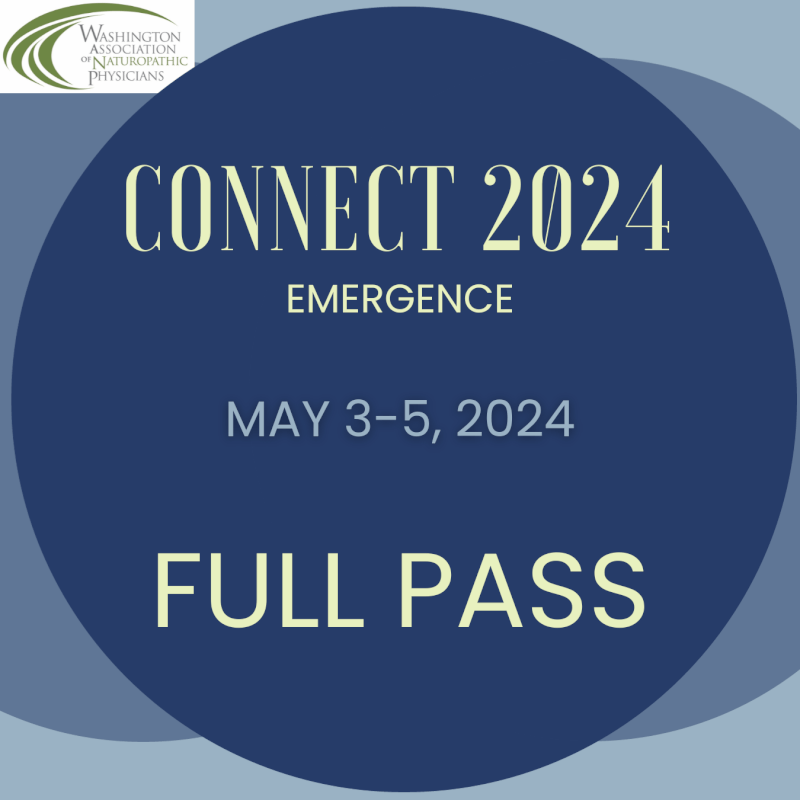
Full Virtual Weekend Pass
This all-inclusive pass includes access to the full virtual CONNECT 2024 experience! Enjoy three days of virtual offerings (5/3/24 - 5/5/24) PLUS recordings.
All presentations (including virtual attendance and post-conference recordings) will offer at least 25 Category 1 credits, including at least 7 Pharmacology credits, for Washington-licensed NDs.
Early Pricing (1/3 - 2/28)
Non-member | $700
Member | $500
Student Member | $150
Regular Pricing (2/29 - 4/24)
Non-member | $800
Member | $600
Student Member | $150
Late Pricing (4/25- 5/5)
Non-member | $900
Member | $700
Student Member | $150
CONNECT 2024 Schedule
(Subject to change.)
Note: All conference attendees will have access to virtual presentations within 2 weeks post-conference to view on-demand.
Friday, May 3, 2024 • 8:00am - 5:45pm PDT
8:00a-8:30a | Welcome & Orientation | WANP
8:30a-10:00a | Endometriosis & The Role of The Clinician | Jordan Robertson, ND
10:00a-10:30a | Exhibitor Break
10:30a-11:30a | Methylene Blue: New clinical opportunities | Dawn Ipsen, PharmD, FACA
11:30a-12:30p | The Emerging new world of GLP-1 meds: Updates on natural and pharmaceutical interventions | Kelsey Klausmeyer, ND
--------------------------------
11:30a-12:30p | Essential Ayurvedic Formulations | Anuprao Mulakaluri, ND, AWC
1:30p-3:00p | Understanding PASC in the Primary Care Setting: A comprehensive guide for Naturopathic Physicians | Andrew Simon, ND, BCB
3:00p-3:30p | Exhibitor Break
3:30p-4:30p | Unraveling Complex Interplay: Inflammation, Immune Tolerance, and their Impact on Psychiatric Conditions | Jaquel Patterson, ND, MBA, IFMCP
--------------------------------
3:30p-4:30p | ADHD: From exercise to Adderall | Kabran Chapek, ND
4:30p-5:45p | The Extracellular Matrix: The emerging ground of health | Fraser Smith, ND
Saturday, May 4, 2024 • 7:30am - 4:45pm PDT
7:30a-8:30a | Qi Gong | Peiwen Wang Fannin, EAMP [non-CE morning activity]
8:30a-10:00a | High Dose Sulfur for Gas Bloating & Pain | Kathleen Janel, ND
10:00a-10:30a | Exhibitor Break
10:30a-11:30a | The Heart of the Matter: Gut-Microbiome and Cardiometabolic Implications | Julia Malkowski, ND, DC
--------------------------------
10:30a-11:30a | Alzheimer's disease beyond amyloid: immune, metabolic, environmental, and microbial contributors to the risk of development | Medeya Tsnobiladze, ND
11:30a-12:30p | Micronutrient Treatment of Mental Health Disorders | Kate Kresge, ND
--------------------------------
11:30a-12:30p | Ayurvedic Approach to Chronic Diarrhea | Anuprao Mulakaluri, ND, AWC
12:30p-1:30p | Lunch / Exhibitor Break
1:30p-3:00p | Moderately Severe Chronic Kidney Disease | Eric Yarnell, ND, RH(AHG)
3:00p-3:30p | Exhibitor Break
3:30p-4:45p | Menopausal Hormone Therapy: Providing safe and effective treatment for the management of the menopausal transition (and beyond) | Wendy Ellis, ND
--------------------------------
3:30p-4:45p | Break the Cycle of Insomnia and Mood Concerns in Menopause | Lylen Ferris, ND
Sunday, May 5, 2024 • 7:30am - 5:00pm PDT
7:30a-8:30a | Guided Morning Mindfulness | Lauren Archer [non-CE morning activity]
8:30a-10:00a | Emerging Research on the Mycobiome, Virome, and Parasitome | Carly Polland, ND
--------------------------------
8:30a-10:00a | Supporting Patients Through Trauma & Stress | Lana Ferris, ND
10:00a-10:30a | Exhibitor Break
10:30a-11:30a | A Holistic Approach to Lipolysis & Beta Oxidation Enhancement in Chronic Obesity | David Duizer, ND
- - - - - - - - - - - - - - - -
10:30a-11:30a | TMS & Esketamine for Treatment Resistant Depression (TRD) in Adults | David Deichert, ND, ARNP, & Sage Wheeler, ND
11:30a-12:30p | ENT: Beyond the Basics | Dawn Ipsen, PharmD, FACA
12:30p-1:30p | Lunch / Exhibitor Break
1:30p-2:30p | KEYNOTE: Functional Medicine Approach to Multiple Sclerosis and Neuroimmune Conditions | Terry Wahls, MD
2:30-3:00p | Recognizing and Managing Compassion Fatigue in Health Care | Patricia Smith
3:00p-3:30p Exhibitor Break
3:30p-5:00p | A Live Conversation/Q&A on Low Dose Herbs for Cardiovascular Conditions | Jillian Stansbury, ND, & Eric Yarnell, ND, RH(AHG)
CONNECT 2024 Speakers
(Additional speakers will be added as they confirm.)
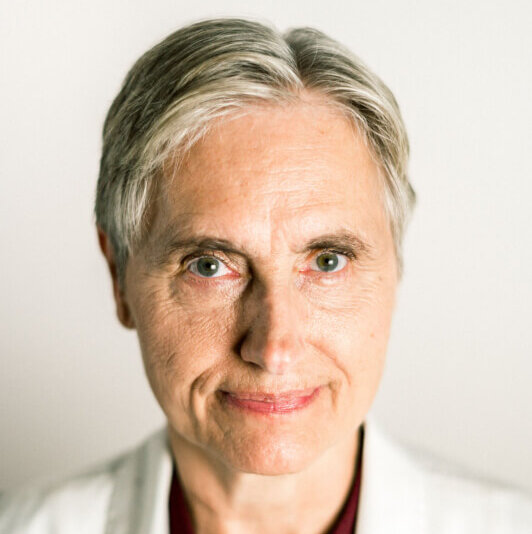
KEYNOTE: Terry Wahls, MD
Functional Medicine Approach to Multiple Sclerosis and Neuroimmune Conditions
View abstract
Estimated CE credits: 1 Category 1 credit for Washington-licensed NDs.

Kabran Chapek, ND
ADHD: From Exercise to Adderall
View abstract
Estimated CE credits: 1 Category 1 credit (including 1 pharmacology credit) for Washington-licensed NDs.

David Deichert, ND, ARNP, & Sage Wheeler, ND
TMS & Esketamine for Treatment Resistant Depression (TRD) in Adults
View abstract
Estimated CE credits: 1 Category 1 credit (including .25 pharmacology credit) for Washington-licensed NDs.

David Duizer, ND, CSCS
A Holistic Approach to Lipolysis Enhancement in Chronic Obesity
View abstract
What if we could upregulate fat breakdown through nutrition therapy, macronutrient exposure and exercise choice? In this session Dr. Duizer will review his approach to improving fat burning efficiency for the obese patient. Case reviews will highlight the objective assessments and evidence-based treatment protocols used.
Estimated CE credits: 1 Category 1 credit for Washington-licensed NDs.

Wendy Ellis, ND
Menopausal Hormone Therapy: Providing safe and effective treatment for the management of the menopausal transition (and beyond)
View abstract
Hormone Replacement therapy can be a game changer for many women, however, there are associated risks and we need to understand how to appropriately manage the risks and benefits for each patient. Should you use compounded hormones? Are you considering breast / heart and uterine / ovarian health with each prescription? What are the current standards of care for appropriate prescribing and when do you take a woman off hormones? Is HRT a risk or a benefit for dementia? When do you need pelvic ultrasound? and much much more...
Estimated CE credits: 1 Category 1 credit (including 1 pharmacology credit) for Washington-licensed NDs.

Lana Ferris, ND
Supporting Patients Through Trauma & Stress
View abstract
One of our strengths as naturopathic physicians is that we spend time with patients and know what is happening in their lives. But what do we do when patients' lives are tipped on their heads by a traumatic event? How do we support their physiology and mental health? This presentation will focus on how to talk about/screen for mental health concerns, how to support physiology of stress with herbs/supplements, and how to use mental health medications to support patients during periods of upheaval or trauma. Discussion will include prevention measures to help reduce prevalence of PTSD formation after trauma as well as appropriate referral options for therapy and acupuncture for PTSD.
Estimated CE credits: 1.5 Category 1 credits (including .5 pharmacology credit) for Washington-licensed NDs.
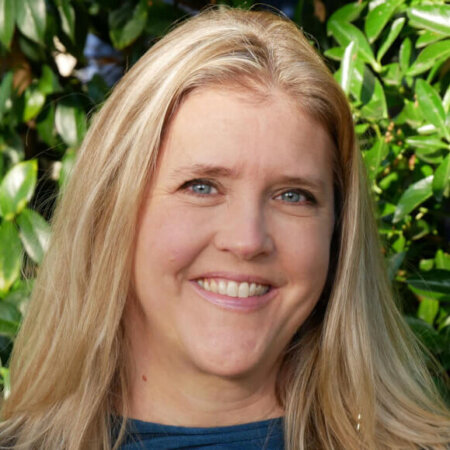
Lylen Ferris, ND
Break the Cycle of Insomnia & Mood Concerns in Menopause
View abstract
Sleep is a pillar of health. Sleep duration and quality are important contributors to health and wellness. Insufficient sleep is associated with an increased risk for mood concerns like depression and anxiety. There is a bidirectional relationship between sleep and mental health. Depression, stress, or anxiety all increase a patient’s likelihood of developing insomnia. At the same time, up to 50% of patients experiencing insomnia also have a mental health disorder. Clearly, addressing insomnia is a priority when mood concerns are present.
Statistics indicate 50% of menopausal women report issues with getting a restorative night’s sleep. The etiologies of insomnia during menopause can be as varied as the patients who experience it, but it is frequently accompanied by fatigue and mood concerns. HPA axis dysfunction, melatonin dysregulation, and hormone and neurotransmitter imbalance are known to play key roles.
Women have nearly double the risk of mood disorders compared to men. These sex differences are observed not only in the U.S. but are also documented worldwide. This sex disparity indicates a potential role for gonadal hormones in the etiology of anxiety and depressive disorders. In fact, studies have revealed that women are more likely to experience mood disturbances, anxiety, depression, and insomnia during times of hormonal flux, such as puberty, post-partum periods, and menopause.
Estimated CE credits: 1.5 Category 1 credits (including .5 pharmacology credit) for Washington-licensed NDs.
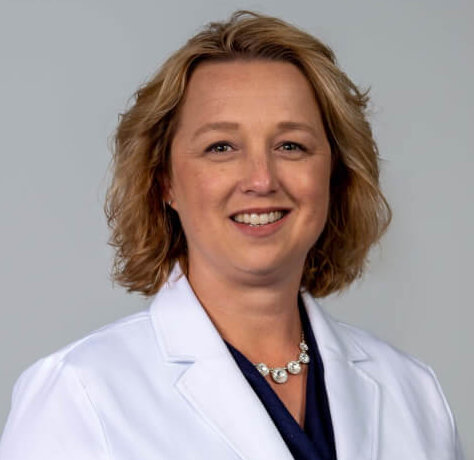
Dawn Ipsen, PharmD
ENT: Beyond the Basics
View abstract
In this discussion we will move beyond sinusitis and sinus infections to address some of the more interesting ear, nose and throat infections. Less common in frequency and less discussed disorders such as Meniere's disease, otomycosis, vasomotor rhinitis, burning mouth syndrome, and angular cheilosis - plus many more - will be covered in this thoughtful and interesting presentation. Focus will be on pharmacological opportunities as well as compounded formulations that have been shown to be helpful in patient care and outcomes.
Estimated CE credits: 1 Category 1 credit (including 1 pharmacology credit) for Washington-licensed NDs.
Methylene Blue: New clinical opportunities
View abstract
This talk aims to illuminate the evolving landscape of Methylene Blue's applications in healthcare, specifically focusing on its novel utilization for enhancing patient outcomes. Delving into recent advancements and promising research for specific conditions such as Lyme disease, dementia, bladder health, Alzheimer's disease, post-COVID syndrome, and for anti-aging /nootropic effects. Attendees can expect to gain insights into how this versatile compound is contributing to improved patient care, paving the way for a more nuanced understanding of its potential impact on healthcare outcomes.
Estimated CE credits: 1.5 Category 1 credits (including 1.5 pharmacology credits) for Washington-licensed NDs.
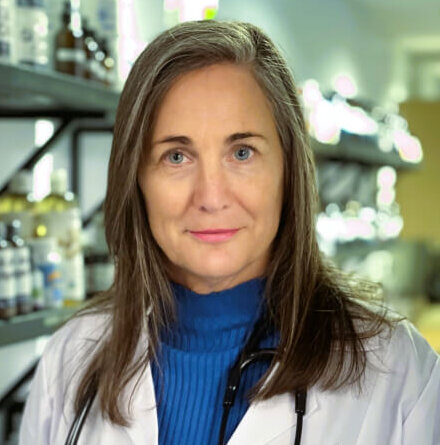
Kathleen Janel, ND
High Dose Sulfur for Gas Bloating & Pain
View abstract
For more than 25 years, we have treated thousands of patients throughout the USA and in several countries around the world using HDST (High Dose Sulfur Treatment). This treatment has successfully alleviated gas, abdominal pain, and bloating in the IMO/IFO and IBS dysbiosis populations. We do not use herbal or prescription antibiotics and yet have had successful, permanent symptom resolutions. Often these patients have been through several restrictive low fermentation diets and antibiotic treatment protocols. Their symptoms may improve and then return several times before turning to HDST. This talk will present this natural option for GI disorders, providing several case studies, biological mechanisms of sulfur as an antimicrobial, anti-fungal, structural, and protective mineral, along with treatment protocols.
Estimated CE credits: 1.5 Category 1 credits for Washington-licensed NDs.

Kelsey Klausmeyer, ND
The Emerging World of GLP-1 Meds: Updates on natural and pharmaceutical interventions
View abstract
GLP-1 medications are changing the way we all think about weight and obesity, shifting the conversation from one about willpower to biology. There continues to be medication shortage due to the popularity of these medications and the FDA currently allows compounding of these medications even while they remain on patent. Dr. Klausmeyer will present updates from the past year regarding GLP-1 and combo medications, including clinical management as well as de-prescribing these medications. Special attention will be paid to supporting muscle mass during active weight loss.
Estimated CE credits: 1 Category 1 credit, including 1 Pharmacology credit, for Washington-licensed NDs.

Kate (Henry) Kresge, ND
Micronutrient Treatment of Mental Health Disorders
View abstract
Micronutrient treatment of mental health disorders is powerful root-cause medicine that can lead to miraculous recoveries when done appropriately. During this talk, Dr. Henry will cover recent and important landmark studies that have changed the way we conceptualize the biochemical underpinnings of mental health disorders. Then, they will review the most important micronutrients for treating mental health conditions as well as how to help clients get them through food and other sources.
Estimated CE credits: 1 Category 1 credit for Washington-licensed NDs.

Julia Malkowski, ND, DC
The Heart of the Matter: Gut-Microbiome and cardiometabolic implications
View abstract
We have all heard the advice to avoid red meat for heart health, yet most do not know this mechanism takes root in the gut microbiome. The gut microbiome is a significant link between nutrition and heart health, as host-microbiome interactions influence the synthesis and release of several metabolites, including trimethylamine-N-oxide (TMAO), bile acids (BA), and short-chain fatty acids (SCFA). An alteration in diversity and composition of the gut microbiome and its associated metabolites are implicated in cardiovascular and metabolic health outcomes. Microbial dysbiosis has been implicated in the progression and pathogenesis of cardiovascular disease, including atherosclerosis, hypertension, and heart failure. Irritable bowel syndrome may precede myocardial infarctions. Notably, fecal microbial transplants influence not only obesity, but blood pressure and clotting risk. As we recognize coronary heart disease is a lifestyle disease with a nutritional component, a comprehensive stool assessment is appropriate to identify chronic dietary patterns, as a mechanism to utilize food as medicine. Additionally, moving beyond simply evaluating cholesterol, LDL and HDL, and including oxidized LDL, small dense LDL, and non-HDL cholesterol is warranted. Consideration of metabolic markers such as glycomark and fasting insulin provide a holistic approach to cardiometabolic health.
Estimated CE credits: 1 Category 1 credit for Washington-licensed NDs.

Anup Mulakaluri, ND
12 Essential Ayurvedic Formulations
View abstract
Strength and effectiveness of any herb or formulation comes from the biologically active compounds. Many modern formulas are designed with sigular focus or offer 1-2 important actions. Classical Ayurvedic formulas are designed as biological models. Ayurvedic sages designed them to conteract complex pathophysiology as once. Therefore, each formula provides multiple corrective actions with capacity of shift the entire system. These classical formulations are behind the heroic reputation of Ayurvedic medicine and Ayurvedic practitioners. They offer a powerful tool holistic management of complex conditions.
Estimated CE credits: 1 Category 1 credit for Washington-licensed NDs.
Ayurvedic Approach to Chronic Diarrhea
View abstract
The Ayurvedic approach to management begins with the differentiation of various forms of IBS. This differentiation is based on individual's physiological make-up (constitution) and suspectibility that is rendered by the causative factors leading to physiological imbalance. In this presentation, we will learn the Dosha-based differentiation of IBS. Understanding the specific characteristics of the various forms, we will learn to individualize our diagnosis based on client's experience of the conditions. In turn, we will learn herbal and dietary approaches the management of various forms of IBS. Clinicians will be given remedies, herbal preparations, and dietary interventions from classical Ayurvedic Texts, adapted for a modern practice and for a modern client base.
Estimated CE credits: 1 Category 1 credit for Washington-licensed NDs.

Jaquel Patterson, ND, MBA, IFMCP
Unraveling Complex Interplay: Inflammation, Immune Tolerance, and their Impact on Psychiatric Conditions
View abstract
This presentation will review the relationship between neuroinflammation and autoimmunity and its role in psychiatric conditions. It will begin with an overview of the body's response to inflammation and cascade of events. It will then review immune tolerance and mechanisms contributing to autoimmunity development. It will then go into the role of inflammation on important components of psychiatric conditions and all related factors including genetic predisposition, T-cell activation and cytokine production, ROS, ion channel leaking, epigenetic and environmental factors, amongst others. The presentation will then delve into specific psychiatric conditions: schizophrenia, anxiety, depression and PANS/PANDAS - all with their own specific nuances. We will then review treatment approaches including diet and lifestyle, antioxidants, fatty acids, herbs and nutrients. There will also be some information on conventional treatments.
Estimated CE credits: 1 Category 1 credit (including .10 pharmacology credit) for Washington-licensed NDs.
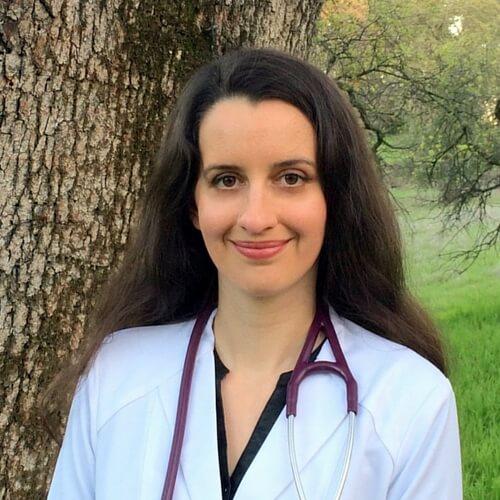
Carly Polland, ND
Emerging Research on the Mycobiome, Virome, and Parasitome
View abstract
While the naturopathic community has been treating Candida and parasites for decades, the details of the complex ecosystem of various microbes in the gastrointestinal tract is only just emerging in the research. Particularly, the communities of fungal, parasitic, and viral organisms. In this lecture, we will dive into the emerging research to discover what species are commensals, how much of these organisms should we really have, and potential clinical implications of dysbiosis in these communities. We will also discuss available testing options and novel therapeutic options such as bacteriophages and postbiotics.
Estimated CE credits: 1 Category 1 credits (including .25 pharmacology credit) for Washington-licensed NDs.

Jordan Robertson, ND, NCMP
Endometriosis and the Role of the Clinician
View abstract
In this seminar, Certified Menopause Practitioner Jordan Robertson, ND, will highlight the current literature to support the integrative and medical management of Endometriosis. The research on endometriosis has shifted over the last decade to focus on neuropathic pain and central sensitization of pain that contributes to the lack of success of most treatment options in this population. In this seminar, Dr. Robertson will draw from her decade long experience working with the Endometriosis Clinic at McMaster Hospital, and her 15 year experience researching the advancements of this condition. The seminar will provide both a review of the medical management and medication options, the mitigation of side effects from the current standards of care and the evidence for an integrative approach for this disease. Participants will understand the process of central sensitization and the current treatment options such as PEA, melatonin and nutrition and how an integrative approach can be combined with medication to provide the greatest outcomes to pain reduction and quality of life.
Estimated CE credits: 1.5 Category 1 credits (including .3 pharmacology credit) for Washington-licensed NDs.

Andrew Simon, ND
Understanding and Managing PASC: A comprehensive guide for Naturopathic Physicians
View abstract
PASC (Post-Acute Sequelae of SARS-CoV-2) is here on our radar and, with it, the evolving nature of how to effectively treat the lingering effects of the novel coronavirus. While post-viral conditions have often been challenged in traditional healthcare settings, "long COVID" has drastically increased awareness of post-viral syndromes. Primary care physicians are in a unique position to consider several leading areas of clinical investigation based on research, including viral persistence, immune dysregulation, herpes-virus reactivation, dysbiosis, microvascular dysfunction, and autoimmunity. This overview will update latest understandings of evaluation, and latest research on treatment interventions.
Estimated CE credits: 1 Category 1 credit (including .10 pharmacology credit) for Washington-licensed NDs.

Fraser Smith, ND
The Extracellular Matrix: The emerging ground of health
View abstract
The extracellular matrix (ECM) has received intensive scientific investigation in the past 25 years. New insights into matrix structure, physiology, and interactions with cells indicate that many diseases progress with changes to the extracellular matrix. Moreover, cancer cells appear to re-arrange the local matrix to assist their proliferation and dissemination. The implications for naturopathic understanding of health are that inflammation, dissolution, and fibrosis of the ECM represents a level of dysfunction that is different than initial inflammation or lack of function. Naturopathic therapies can impact the extracellular matrix, including time tested modalities such as hydrotherapy, nutrition, botanical medicine, and bodywork.
Estimated CE credits: 1 Category 1 credit for Washington-licensed NDs.

Patricia Smith
Recognizing and Managing Compassion Fatigue in Health Care
View abstract
Providing care to others continues to be a challenge for those in the helping professions. Unfortunately, the challenging years of Covid have only made matters worse. Caregivers are experiencing high levels of compassion fatigue, stress and burnout. And in many cases, loss and grief due to the aftermath of Covid. This presentation includes definitions of compassion fatigue, stress and burnout, their symptoms, causes, and most important, coping strategies to promote wellness.
Estimated CE credits: 1 Category 1 credit for Washington-licensed NDs.
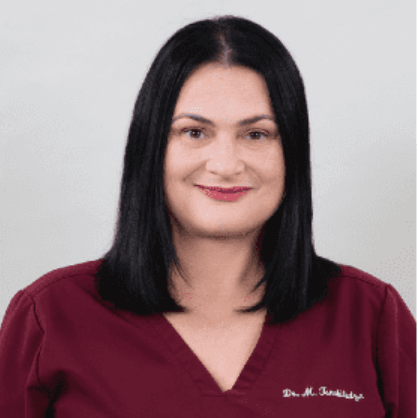
Medeya Tsnobiladze, ND
Alzheimer's Disease: Beyond amyloid - immune, metabolic, environmental, and microbial contributors to the risk of development
View abstract
For more than three decades, amyloid accumulation was considered the exclusive pathologic factor. Treatments approaches targeting amyloid were perceived as the most promising. Yet, after years of research and a handful of medications developed, diagnosed patients face essentially the same outcome perspectives as before. These underwhelming results encouraged researches to look at other factors that might both contribute to the initiation of the processes contributing to AD pathophysiology and accelerate the clinical degression of patients.
Amyloid has been reviewed and determined as a viable candidate to be a molecule of innate immunity. Various microbial presence was demonstrated to be colocalized with amyloid plaques, and antimicrobial treatments appeared to be statistically significant risk modifiers. Additionally, environmental exposures and state of internal metabolic balance (or imbalance) appear to play a significant role in stability of central nervous system and its ability to withstand against factors promoting AD development. In this presentation we will review the most significant findings accumulated over the past decade from the point of most impactful on treatment approaches and on improvement of patients' quality of life.
Estimated CE credits: 1 Category 1 credit (including .25 pharmacology credit) for Washington-licensed NDs.

Eric Yarnell, ND, RH(AHG)
Moderately Severe Chronic Kidney Disease
View abstract
There is little conventional therapy available for patients with CKD stages G3b and 4 (eGFR 15–45). This is a crucial period to prevent progression to dialysis or transplant. Naturopathic medicine has much to offer such patients, and Dr. Yarnell has had excellent success preventing progression, and sometimes even improving kidney function. The full range of testing necessary to monitor all kidney functions will be reviewed. The importance of determining and treating the cause of the kidney failure will be emphasized. Non-specific but effective natural therapies to protect and restore kidney function will be reviewed. The use of a vegetarian diet as a general therapeutic approach will be discussed, as opposed to the non-evidence-based low-protein, low-nutrient conventional diet. Learn what drugs are needed and how to use natural therapies with drugs commonly used in later stages of CKD. Case studies will be used to illustrate the possibilities.
Estimated CE credits: 1.5 Category 1 credits (including .15 pharmacology credit) for Washington-licensed NDs.
Exhibitor Opportunities
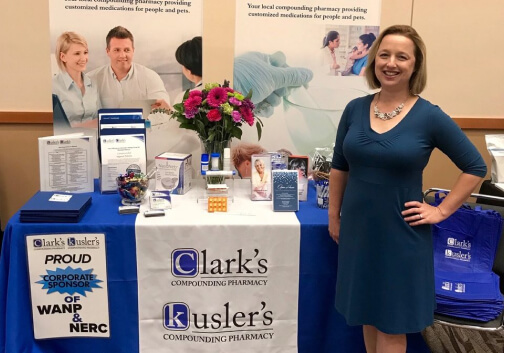
Position your organization in front of hundreds of healthcare professionals from all over North America. This year, we are offering all-inclusive access to our virtual attendees for one low price. Signing up as an exhibitor at CONNECT 2024 gets you a virtual booth build out, commercials, scrolling banner advertisements, ad space in our Digital Conference Guide, and more.
Check out our CONNECT 2024 Exhibitor Opportunities guide for more information and pricing.
We are absolutely thrilled to have such a diverse offering of presentations this year. If you have a topic that particularly resonates with this year's theme, you may submit it HERE for the committee's consideration. If we are not able to include it in CONNECT 2024, we may ask to consider it for future educational offerings. Thank you for your interest!

